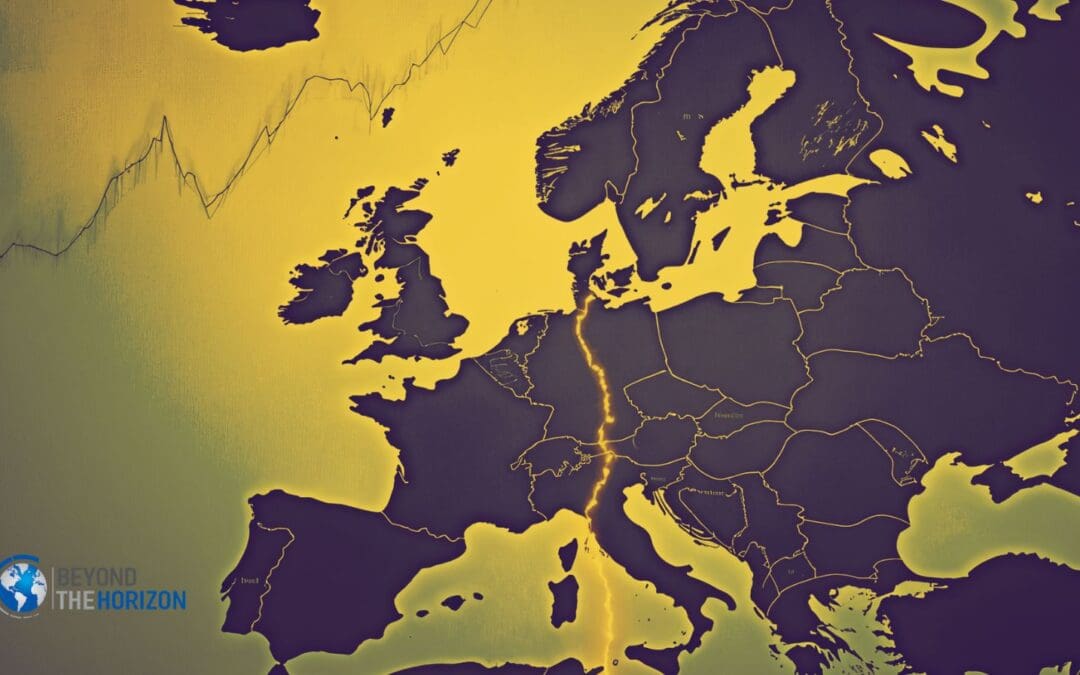A significant assembly of finance ministers and central bank governors from emerging markets is set to commence on February 16, 2025, in Al-Ula, Saudi Arabia. This high-level conference, jointly organized by the International Monetary Fund and the Kingdom of Saudi Arabia, aims to address the multifaceted challenges confronting emerging market and developing economies in the current global landscape. The gathering occurs against a backdrop of escalating trade tensions, notably spurred by U.S. President Donald Trump’s recent implementation of reciprocal tariffs.
President Trump’s directive, announced on February 13, mandates that U.S. tariffs mirror those imposed by other nations on American exports. This policy shift is intended to rectify perceived trade imbalances and protect domestic industries. However, it has introduced substantial uncertainty into the global trade environment, with potential repercussions for both developed and developing economies. The tariffs specifically target countries with higher duties on U.S. goods, including key trading partners such as China, Japan, South Korea, and the European Union.
The Al-Ula conference will provide a platform for EMDE representatives to deliberate on these developments and their potential impacts. Keynote speaker Pan Gongsheng, Governor of the People’s Bank of China, is expected to offer insights into global trends and their implications for emerging markets. Discussions will likely focus on policy challenges arising from structural shifts in the world economy, exacerbated by the recent U.S. trade measures.
The introduction of reciprocal tariffs marks a departure from longstanding U.S. trade policies that have traditionally advocated for lower global trade barriers. Economic experts warn that this approach could disrupt established business operations and heighten geopolitical tensions. While the Trump administration argues that these measures will correct trade deficits and promote fairness, critics contend that tariffs may lead to increased consumer prices and inflationary pressures.
In response to the U.S. tariffs, several nations have signaled intentions to implement countermeasures. Canada and the European Union have both expressed strong opposition, with Canadian Prime Minister Justin Trudeau pledging to defend national interests and European Commission President Ursula von der Leyen criticizing the tariffs as detrimental to businesses and consumers alike. These retaliatory actions could further complicate the global trade environment, posing additional challenges for emerging economies.
The Al-Ula conference aims to foster dialogue and collaboration among EMDEs to navigate these turbulent times. Topics on the agenda include exploring alternative trade partnerships, enhancing regional cooperation, and developing strategies to mitigate the adverse effects of protectionist policies. The gathering underscores the importance of international cooperation in addressing global economic challenges and ensuring sustainable development.
As emerging economies grapple with the ramifications of shifting trade dynamics, the outcomes of the Al-Ula conference may play a pivotal role in shaping future economic policies and alliances. The collective response formulated during this meeting could influence the trajectory of global trade relations and the resilience of EMDEs in the face of protectionist pressures.
In addition to trade issues, the conference will also address broader economic concerns pertinent to emerging markets. These include discussions on financial stability, investment flows, and the role of technology in economic development. By convening a diverse group of policymakers, industry leaders, and academics, the Al-Ula conference aspires to generate comprehensive strategies that bolster economic resilience and promote inclusive growth among emerging economies.

